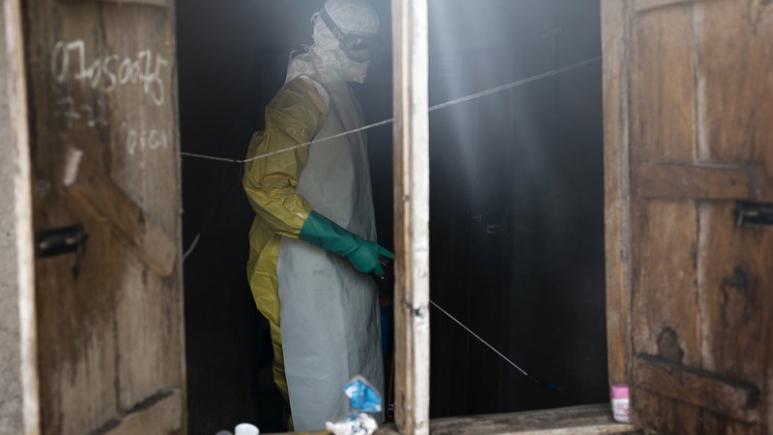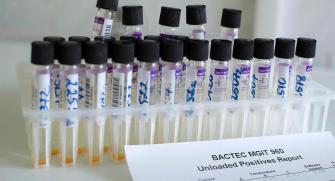Epicentre participates in Lassa fever initiatives
Lassa fever is a zoonotic (animal-borne) acute viral illness. It is endemic in parts of West Africa including Sierra Leone, Liberia, Guinea and Nigeria. Neighboring countries are also at risk, as the animal vector for Lassa virus, the “multimammate rat” (Mastomys natalensis) can be found in the other countries in the region. The illness was discovered in 1969 and is named after the town in Nigeria where the first cases occurred.
Surveillance for Lassa fever is not standardized and as a result, estimates of the number of infections are crude. This is also because the clinical course of the disease is so variable, detection of the disease in affected patients has been difficult. WHO estimates approximately 80% of people who become infected with Lassa virus have no symptoms. 1 in 5 infections result in severe disease, where the virus affects several organs such as the liver, spleen and kidneys. Persons at greatest risk are those living in rural areas where multimammate rats are usually found, especially in communities with poor sanitation and crowded living conditions.
The WHO has identified Lassa fever as one of the major pathogens that could cause serious epidemics in the near future.
Enable, a large study to learn more about Lassa fever
To fill the knowledge gap on Lassa fever, the Coalition for Epidemic Preparedness Innovations (CEPI) launched the largest ever study of Lassa fever in Benin, Guinea, Liberia, Sierra Leone and Nigeria. The study, called Enable, aims to determine the incidence of Lassa fever, the location of infected cases, and understand better how the virus spreads. It will also determine whether there are age and gender differences and the proportion of asymptomatic and symptomatic cases. The study aims to include 23,000 participants in Benin, Guinea, Liberia, Sierra Leone and Nigeria.
Along with the study's national partners*, Epicentre is one of four partners** responsible for program implementation and oversight.
"Our tasks include developing the program's data management system, training and supporting staff at the Enable study sites, and overseeing the data collection, management, and analysis processes," explains Dr. Boni Ale, Epicentre's Lassa Fever Study Coordinator.
Vaccinate to prevent Lassa fever
The knowledge generated by Enable should serve as the basis for the development and use of a vaccine against Lassa fever. One of these vaccines developed by IAVI and other partners, will enter Phase 2 clinical trials in adults and children in Liberia, Nigeria and Sierra Leone. The trial, funded by CEPI and the European and Developing Countries Clinical Trials (EDCTP), will be conducted by the international consortium LEAP4WA*** (Lassa Fever Vaccine Efficacy and Prevention for West Africa) of which Epicentre is a member. This rVSV∆G-LASV-GPC vaccine candidate uses a recombinant vesicular stomatitis virus (rVSV) vector - the same rVSV platform used for one of theEbola virus vaccine.
“We hope that by trialing this vaccine in Liberia, Nigeria and Sierra Leone, we can add a preventive tool for Lassa fever”," said Rebecca Grais, Director of Research at Epicentre. In addition to accelerating the licensure of a Lassa fever vaccine, the LEAP4WA consortium provides a comprehensive and collaborative approach to address future epidemics and pandemics, as well as advancing clinical trial expertise in low and middle-income countries.
These two projects are expected to make a significant contribution to improving the much-needed knowledge of Lassa fever and leading to the development of an effective vaccine.








